Risky Business
A Modern Slavery Risk Profile
of Aotearoa New Zealand Businesses.
Most New Zealand businesses are taking no action
to address modern slavery in their supply chains.
We believe in an Aotearoa New Zealand that respects the dignity and freedom of the people who make the products we use. But right now, a staggering 50 million people are trapped in modern slavery. Many of these are women, men and children who are forced into exploitative work to make the products we buy and use daily.
World Vision New Zealand’s Risky Business report uncovers a confronting reality: New Zealand businesses are purchasing goods at risk of modern slavery and worker exploitation, and most businesses are taking no action to address the risks of slavery in their supply chains. The report reveals that businesses lack knowledge about where their products are being made, the people involved, and the conditions endured by these workers.
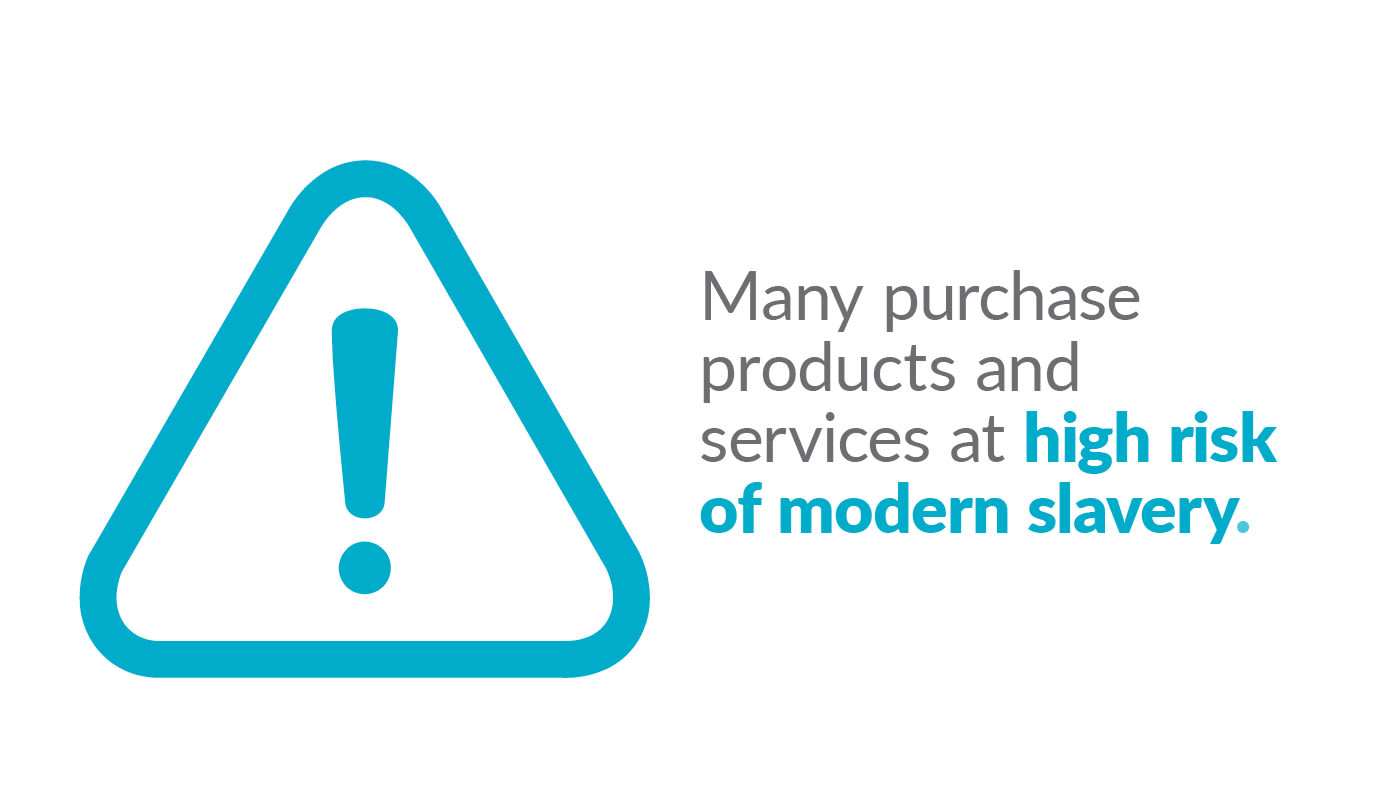
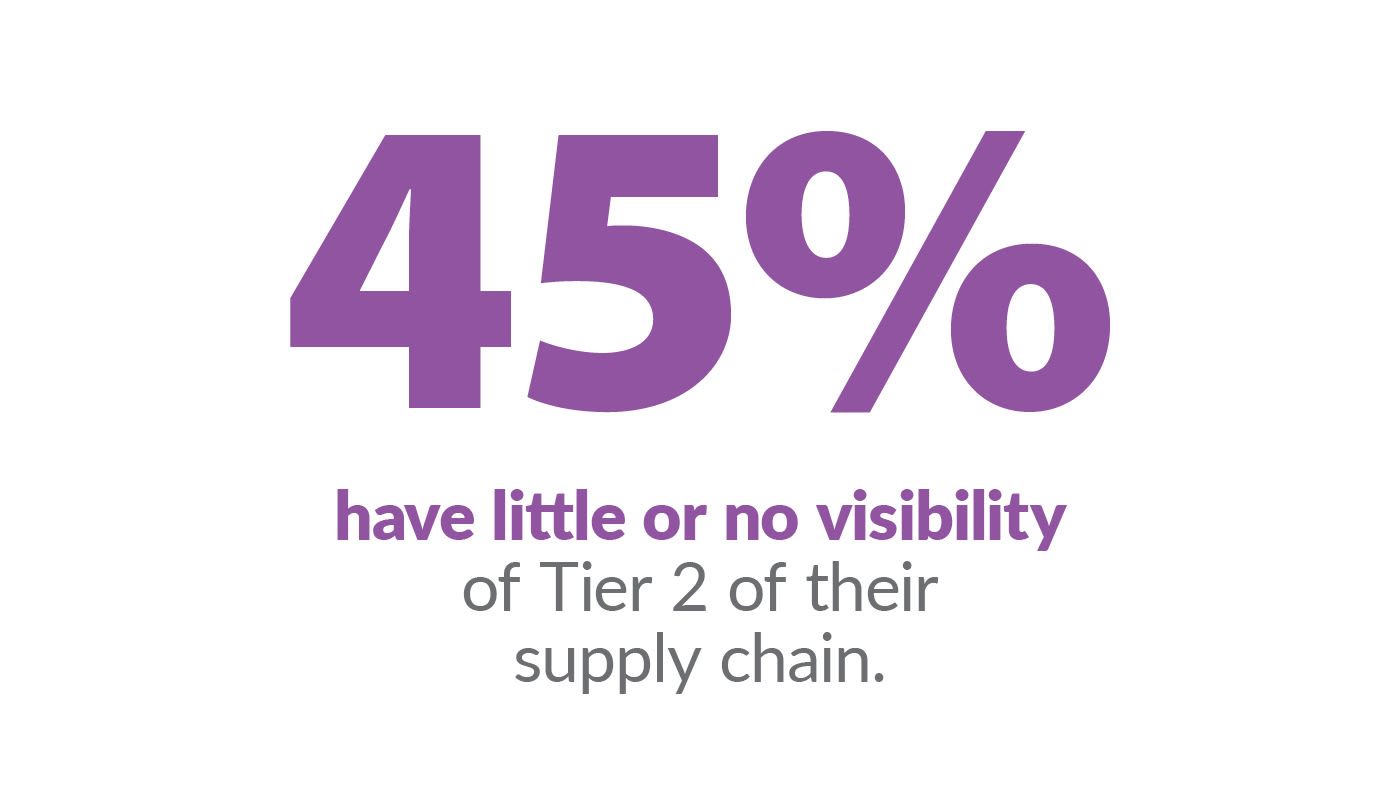
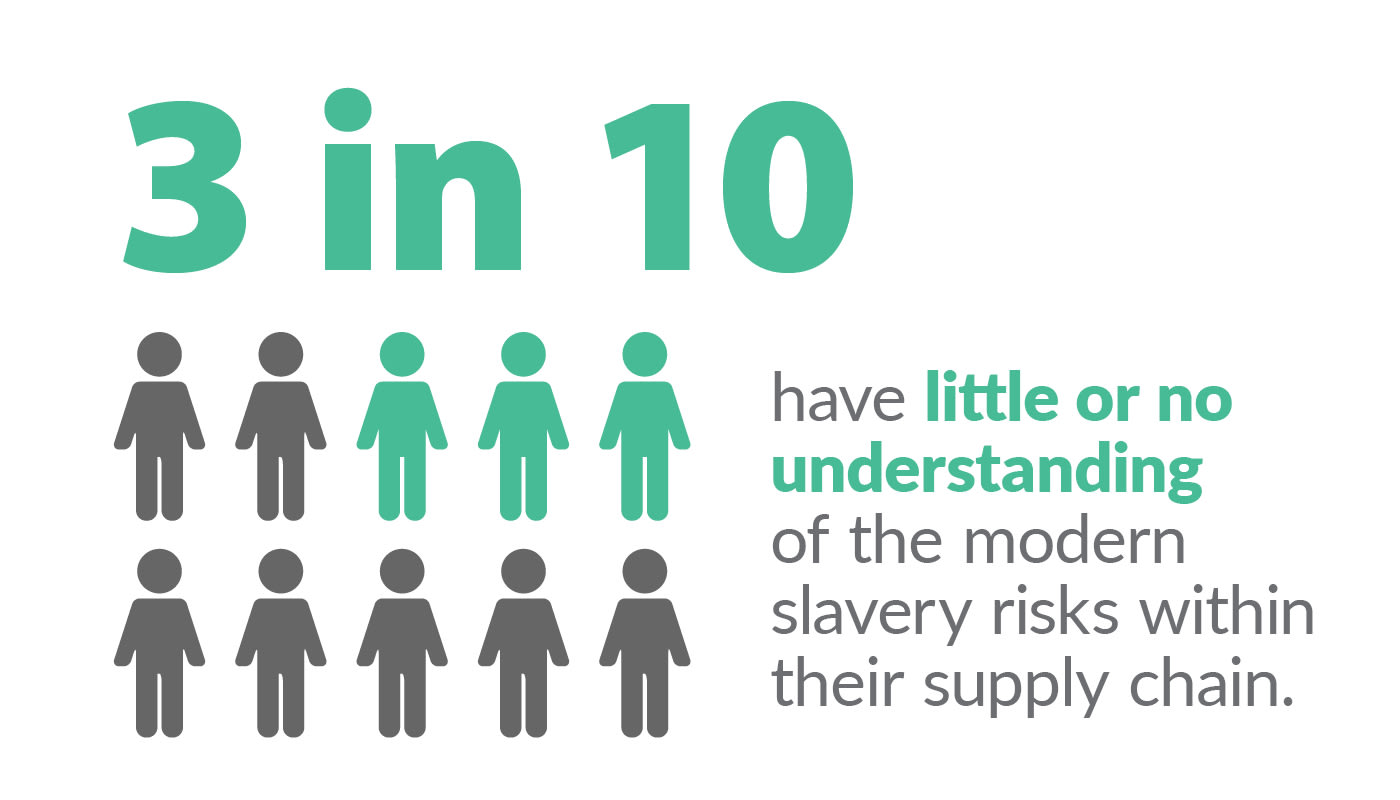
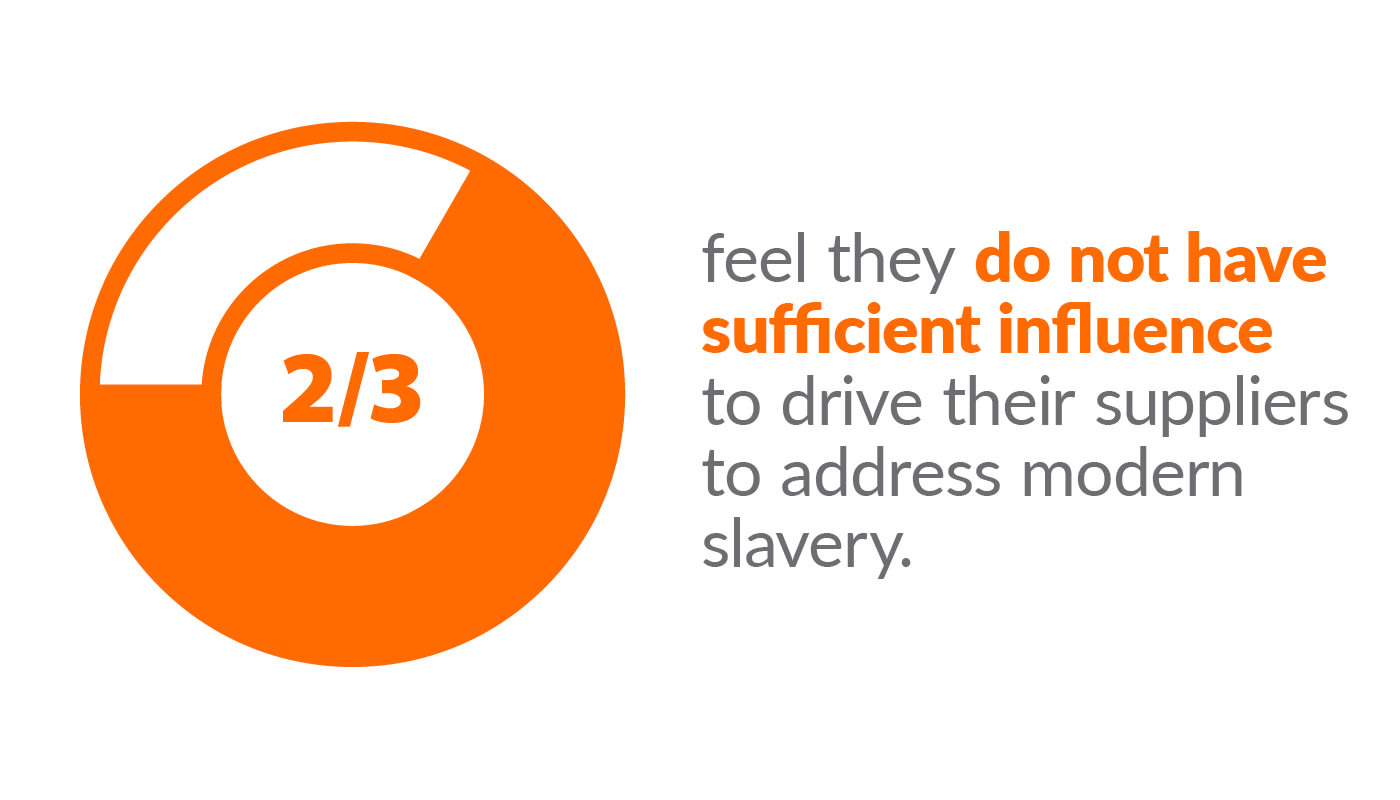
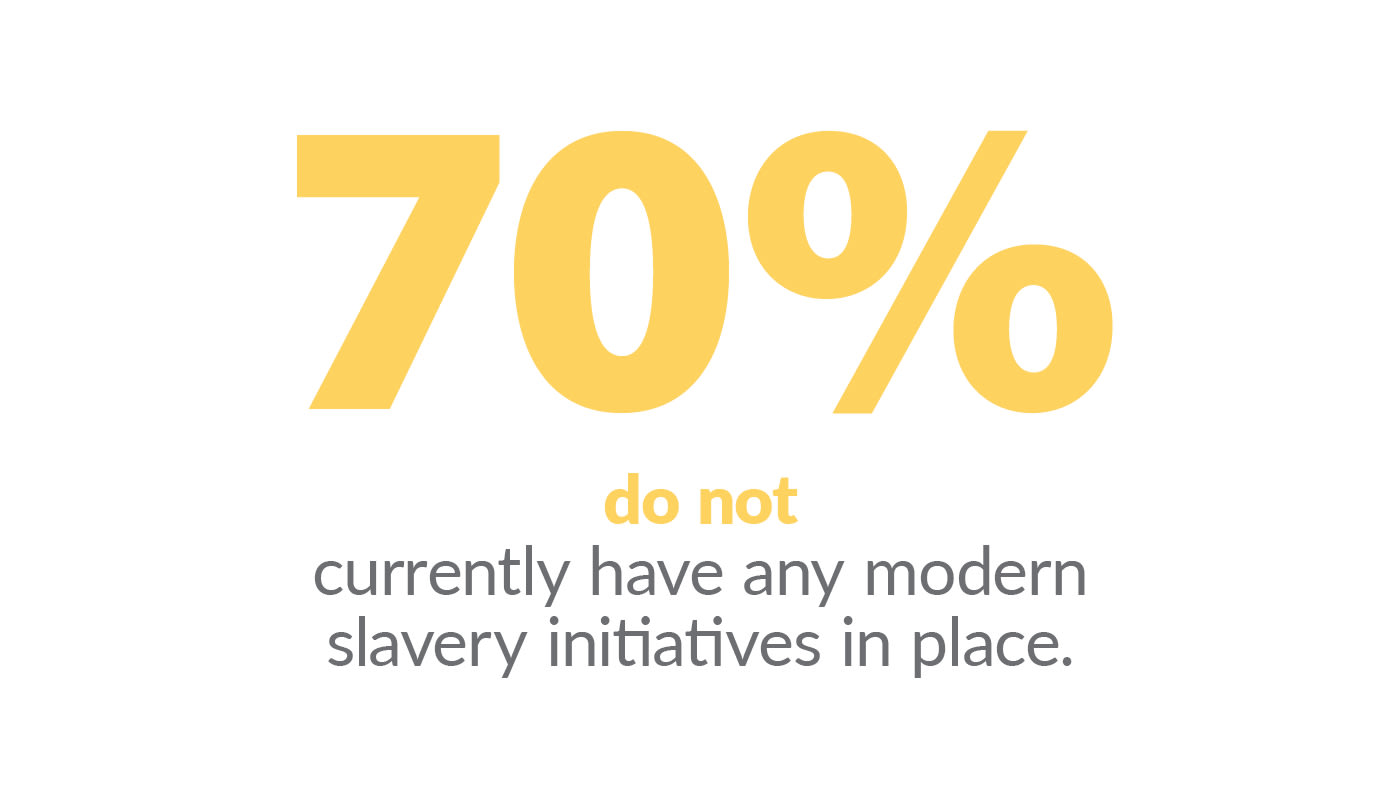
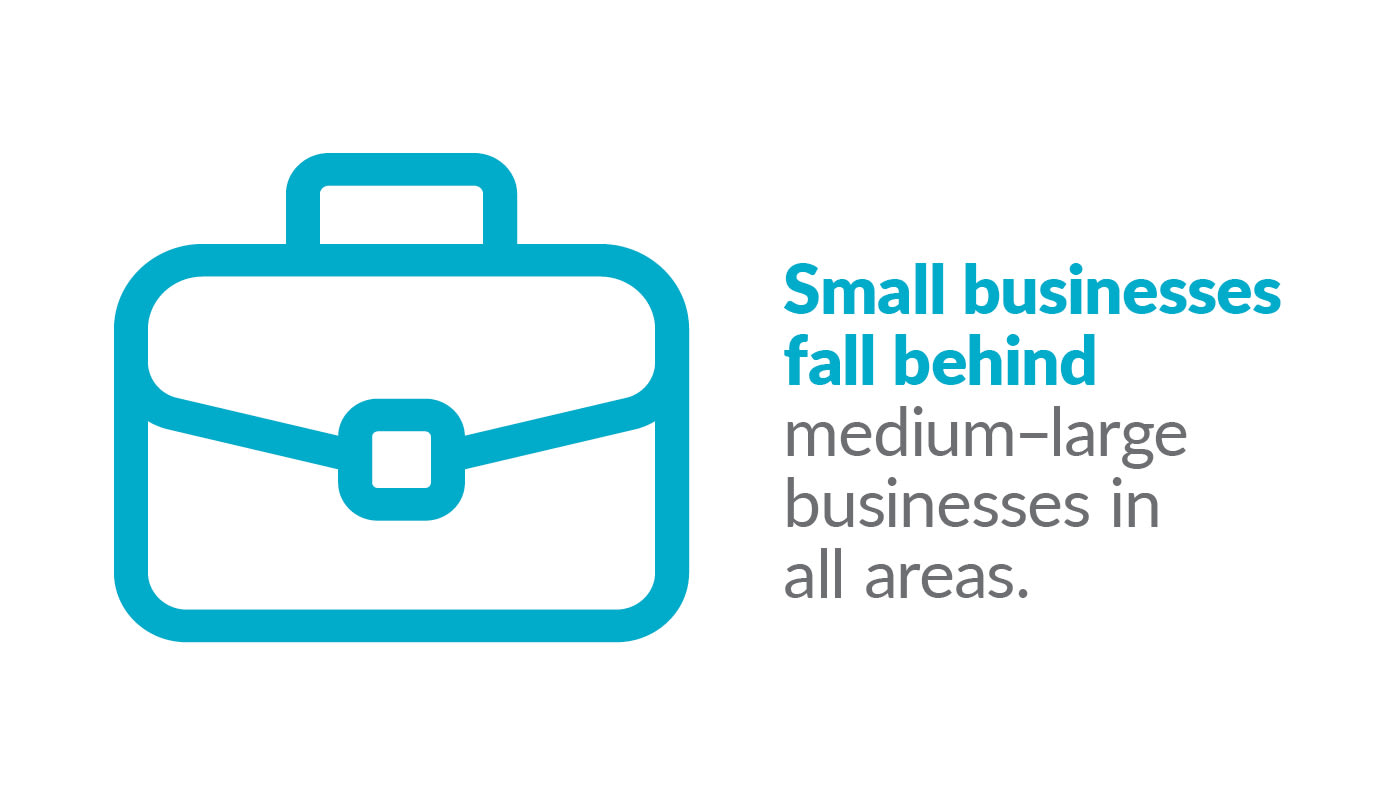
New Zealand businesses have little visibility of where their products are coming from, heightening the risk of importing products produced using modern slavery.
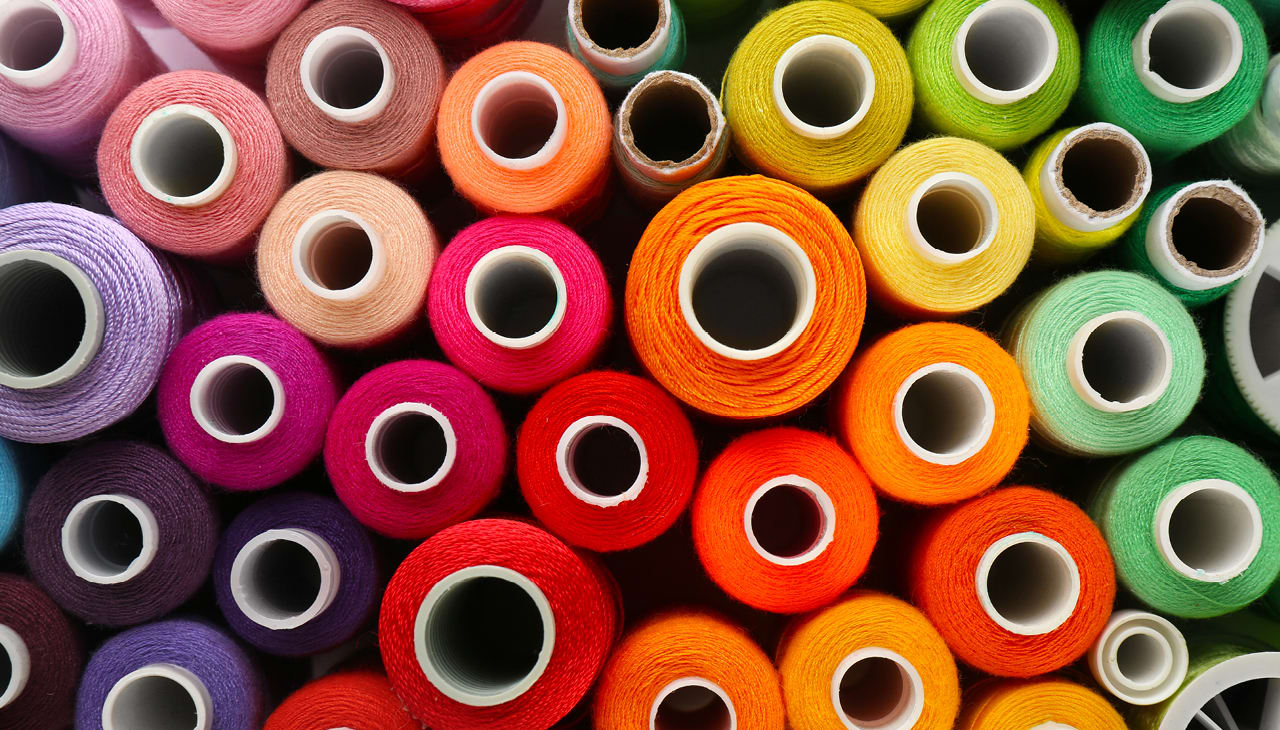
Our Risky Business report provides a snapshot of the number of New Zealand businesses working in typically high-risk industries, and the extent to which businesses are currently addressing slavery in their supply chains.
Read the full report here.
Kiwis are purchasing products made by people trapped in modern slavery.
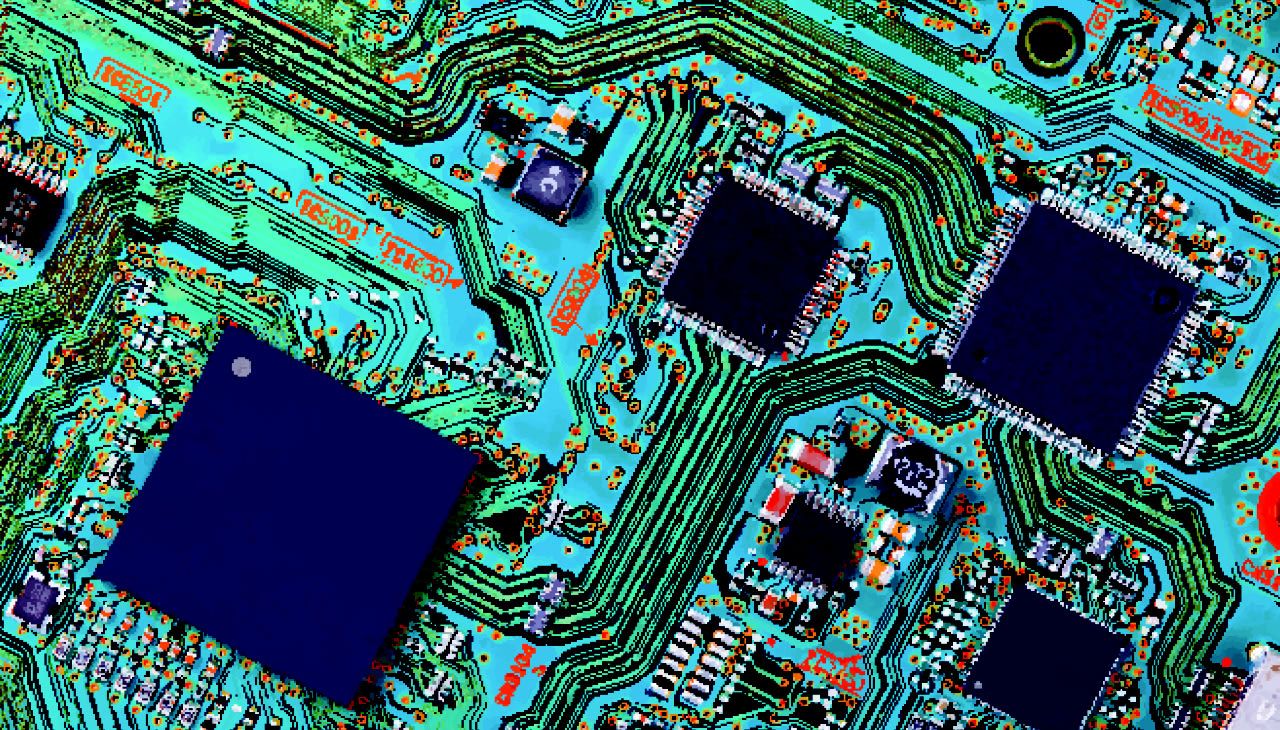
Here in New Zealand, each one of us is connected to modern slavery, including child labour, through the products we buy and the services we use in our homes and workplaces.
Without knowing what’s happening in their supply chains, New Zealand businesses could be an unwitting part of enslaving people.
The businesses surveyed purchased information and communications technology (ICT), electronics, food and beverage products, raw materials, textiles and apparel – all goods we know are at risk of being made with child and forced labour.
New Zealand businesses need modern slavery legislation to guide them to action.
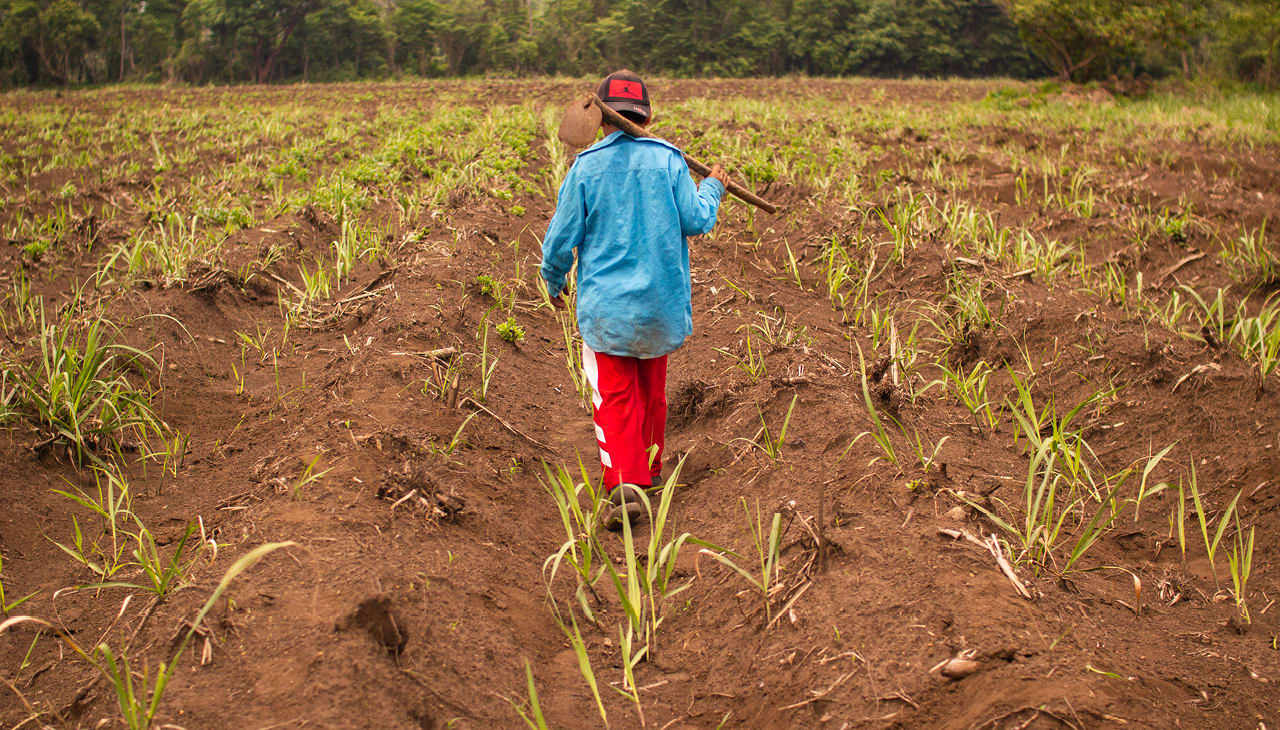
In recent years, there have been increasing calls for modern slavery legislation in New Zealand. The report research shows that New Zealand businesses are not voluntarily taking action to address modern slavery in their supply chains. Legislation should be accompanied with the guidance and tools New Zealand companies need to identify and address modern slavery risks now.
Across the globe, businesses are increasingly expected to have an in-depth understanding of their supply chains, and to actively identify and address risks of modern slavery. New Zealand lags behind many of our trading partners, including Australia, Canada, the UK and the EU, where supply chain transparency and modern slavery legislation are standard practice. It’s time we catch up.
Together, we can make a world that respects the dignity of all people and families. No exceptions.
Risky Business: A Modern Slavery Risk Profile of Aotearoa New Zealand Businesses published by World Vision New Zealand June 2023. Download the full report
